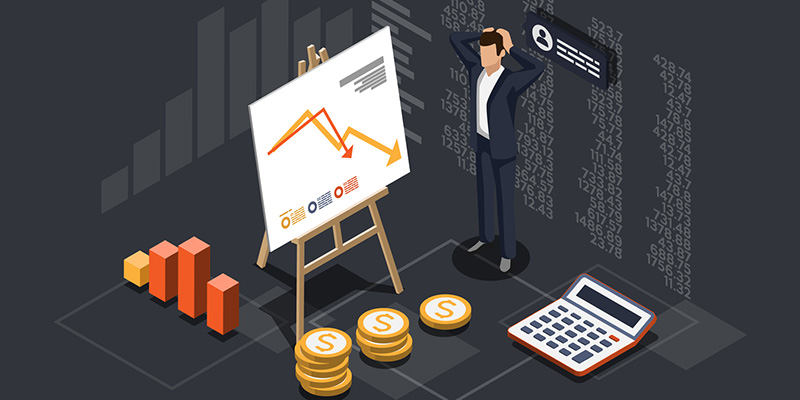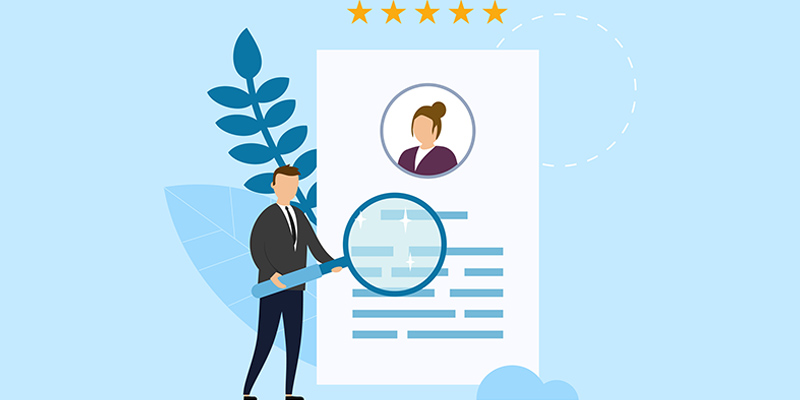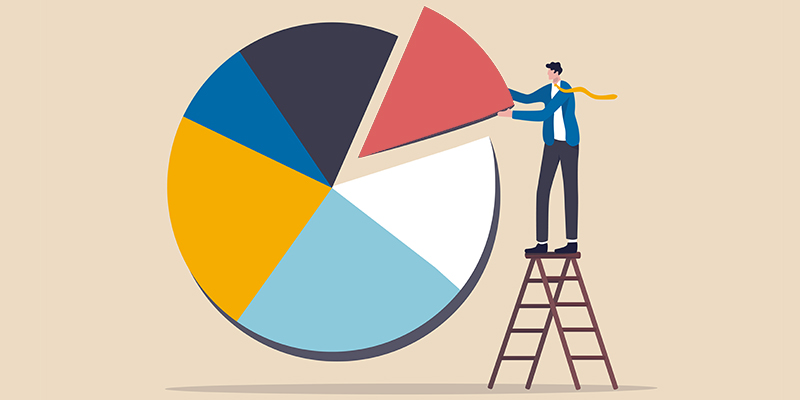The last thing a business owner wants to think about is why their clients or customers aren't paying. It should be a straightforward process - you do the work or supply the goods and they pay their bills. With a little examination of your payment process, you might be able to determine the problem with those slow or late payments.
While it's true that no one could have predicted the pandemic, entrepreneurs started 4 million new businesses in 2020. E-commerce and other online services saw a boom as brick-and-mortar businesses shut down. Then, just as it seems like the world would reopen, the Delta variant has business owners trying to decide what to do next.
If you're wondering how to grow your business during this pandemic, keep going with these tips.
While this question will put off sales reps, collections teams may be cheering in their seats. If a sales representative works hard to land the ideal client but the invoice goes unpaid beyond the due date, who should be responsible for connecting with that client? Is a sale really complete if the invoice isn't paid? Do you have a solid process for who follows up and when it becomes necessary for your organization to move the account to collections?
Should sales representatives be responsible for collecting on past due invoices?
If you've been putting off the headache of collections, you've likely also been asking, "how can I improve my cash flow?" The two go hand-in-hand. When you're not following up on invoices that are getting older, your chances of collecting on them go down. That means you're working for no pay and that's no good.
Instead, use these B2B collections steps to convert aging receivables and improve cash flow.
As if we needed another reason to cheer for Team USA, CEOWORLD Magazine's Entrepreneurship Index for 2021 ranks the United States as the world's most entrepreneurial country. With Forbes magazine noting that nearly all the American billionaires are self-made and a 13-year high in the number of Americans starting their own businesses, the pandemic seems to have inspired new entrepreneurs.
Here are some reasons why the United States is the best place to start a new business.
As global markets reopen, inflation is causing corporations of all sizes to reexamine their rates. Supply chains are being affected by higher costs and increased demand for raw materials and labor. According to economists, the inflated costs aren't expected to abate until well into 2022, cutting into profit margins. CEOs are saying that higher costs will last longer than that. If your business operating costs are going up, have you considered charging more for the products and services you offer?
With inflation, is it time to review and raise the rates you're charging?
If your business sends invoices or bills on credit or at recurring intervals, you likely have customers who pay late or not at all. Delinquent customer accounts can affect everything from paying business expenses to destroying business relationships. Customers may be paying late due to a number of reasons, including lost invoices, expired credit cards, or the inability to pay. Instead of taking it personally, your business can follow these tips to recover the account in a professional manner.
Here's how to manage delinquent customers in business.
When hiring someone to manage accounts receivable and collections, you're effectively putting your business in their hands. Think about it. If you need to ensure payroll and other business expenses are paid, you need working capital. The best way to gain working capital is to improve DSO (days sales outstanding) or the amount of time it takes to collect from credit sales. And the job of collections and accounts receivable specialists is to get those sales invoices paid.
Here are the top 5 qualities of successful accounts receivable and collections specialists.
Every time your business submits an invoice, there is the risk that the invoice will not be paid. By accounting for this in financial statements, you're able to get an accurate picture of the actual value of receivables. When you're certain that an account is not collectible, for instance, you have the option to remove it from accounts receivable in your financial books by writing it off as bad debt. If you're doubtful that the account will be paid but you're not quite ready to write it off, it's referred to as a doubtful account.
Here's how to create a bad debt allowance for doubtful accounts.
One of the top stressors of Americans is their financial well-being. Take into account owning your own consulting business, starting a software company or freelance career, and that stress is exponential. It's one thing to lack personal financial literacy but when your business and livelihood are also at stake, the anxiety can leave you paralyzed.
Now imagine that you have to contact a customer that's behind on payments. 😲













